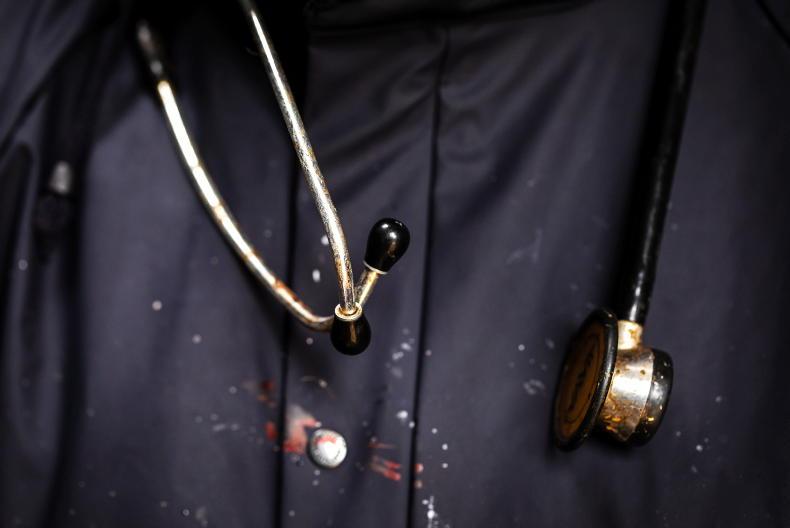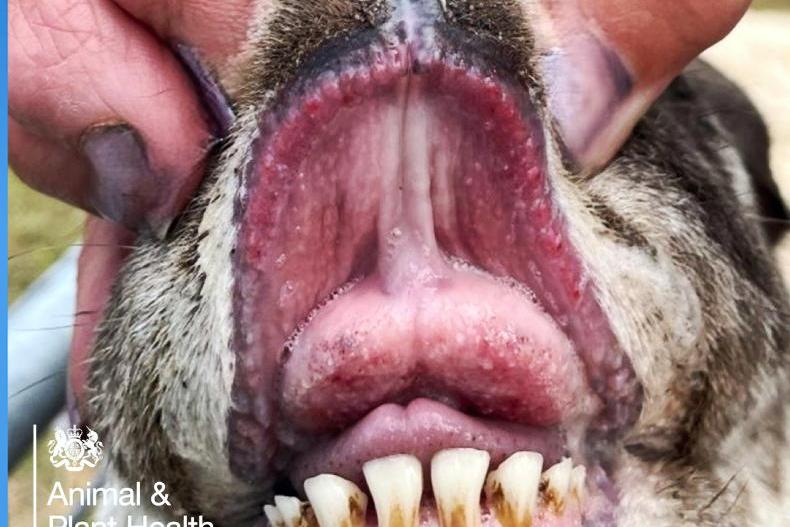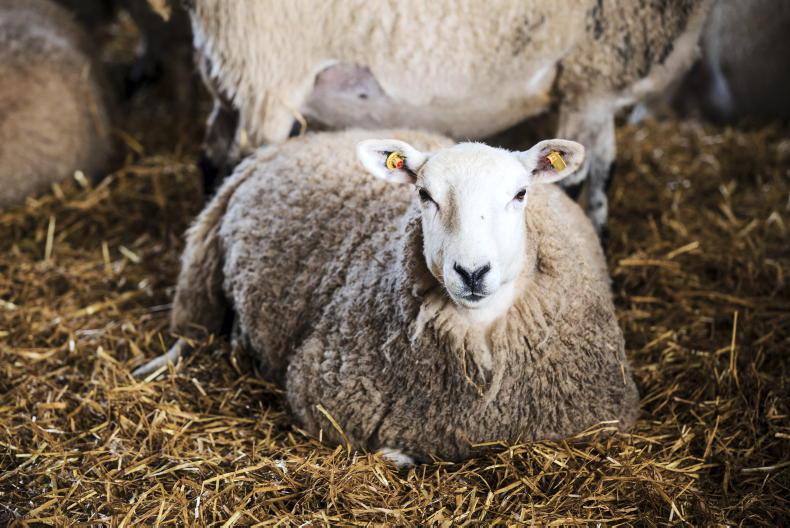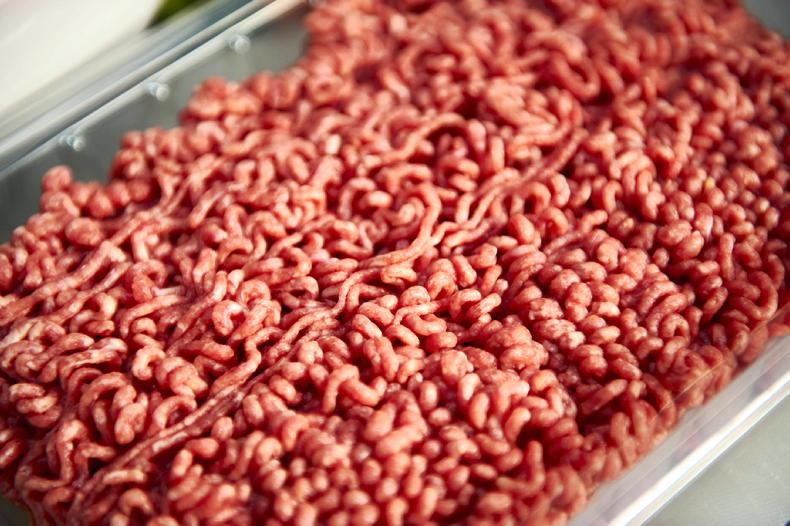McDonald's has pledged to reduce the use of antibiotics important to human health in animals used to produce its beef over the next four years.
The policy applies to the company's top 10 beef-supplying countries, including Ireland and the UK, and will involve three steps:
From the time of the announcement this Tuesday, McDonald’s begins work with supplying beef producers to measure and understand current usage of antibiotics.By the end of 2020, the company will use this information to establish reduction targets for medically important antibiotics in the 10 countries.Starting in 2022, McDonald's will report progress against antibiotic reduction targets.The drugs to be restricted are those recognised as important for human health by the World Health Organisation, which risk losing their effectiveness and favouring the emergence of drug-resistant superbugs if they are used widely.
Prevention rather than cure
McDonald's policy principles state that the use of these antibiotics should not be permitted for growth promotion or prevention of disease and only exceptionally to treat sick animals when vets determine that no other option is available. "Where critically or medically important antibiotics are used for the prevention, treatment and/or control of clinical disease, the veterinary herd health plan should be reviewed and adjusted to employ tailored preventative strategies that will reduce the need for future treatments," the policy reads.
Instead of using antibiotics, farmers should improve prevention, hygiene, animal husbandry and vaccination practices.
However, "McDonald’s understands that reducing the overall use of medically important antibiotics in beef is complex and cannot be accomplished overnight", the company said in a statement announcing the phased approach to 2022.
Ireland has one of the lowest antibiotics use rates on farms in the EU. McDonald's buys around 40,000t of Irish beef annually.
Read more
New antibiotic usage code sets out key questions for farmers and vets
Veterinary Council tightens prescription guidelines
EU Commission tightens rules on veterinary medicines
McDonald's has pledged to reduce the use of antibiotics important to human health in animals used to produce its beef over the next four years.
The policy applies to the company's top 10 beef-supplying countries, including Ireland and the UK, and will involve three steps:
From the time of the announcement this Tuesday, McDonald’s begins work with supplying beef producers to measure and understand current usage of antibiotics.By the end of 2020, the company will use this information to establish reduction targets for medically important antibiotics in the 10 countries.Starting in 2022, McDonald's will report progress against antibiotic reduction targets.The drugs to be restricted are those recognised as important for human health by the World Health Organisation, which risk losing their effectiveness and favouring the emergence of drug-resistant superbugs if they are used widely.
Prevention rather than cure
McDonald's policy principles state that the use of these antibiotics should not be permitted for growth promotion or prevention of disease and only exceptionally to treat sick animals when vets determine that no other option is available. "Where critically or medically important antibiotics are used for the prevention, treatment and/or control of clinical disease, the veterinary herd health plan should be reviewed and adjusted to employ tailored preventative strategies that will reduce the need for future treatments," the policy reads.
Instead of using antibiotics, farmers should improve prevention, hygiene, animal husbandry and vaccination practices.
However, "McDonald’s understands that reducing the overall use of medically important antibiotics in beef is complex and cannot be accomplished overnight", the company said in a statement announcing the phased approach to 2022.
Ireland has one of the lowest antibiotics use rates on farms in the EU. McDonald's buys around 40,000t of Irish beef annually.
Read more
New antibiotic usage code sets out key questions for farmers and vets
Veterinary Council tightens prescription guidelines
EU Commission tightens rules on veterinary medicines









SHARING OPTIONS